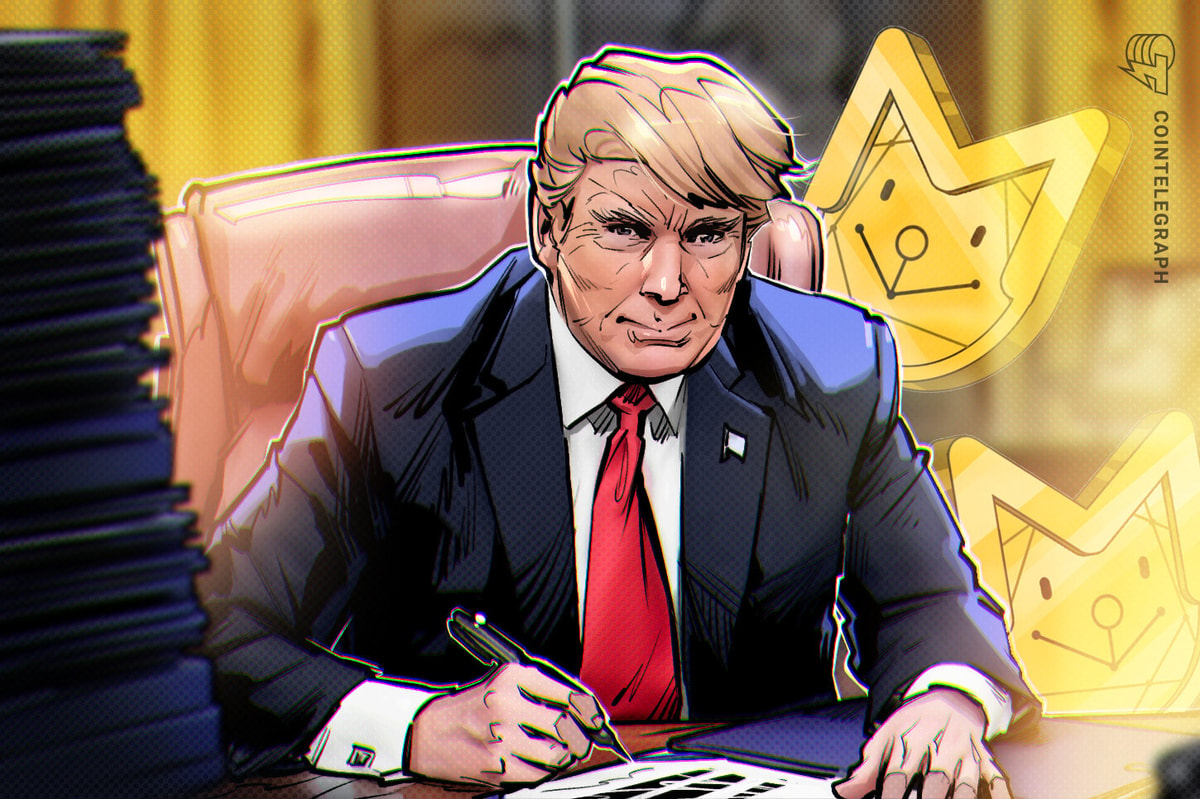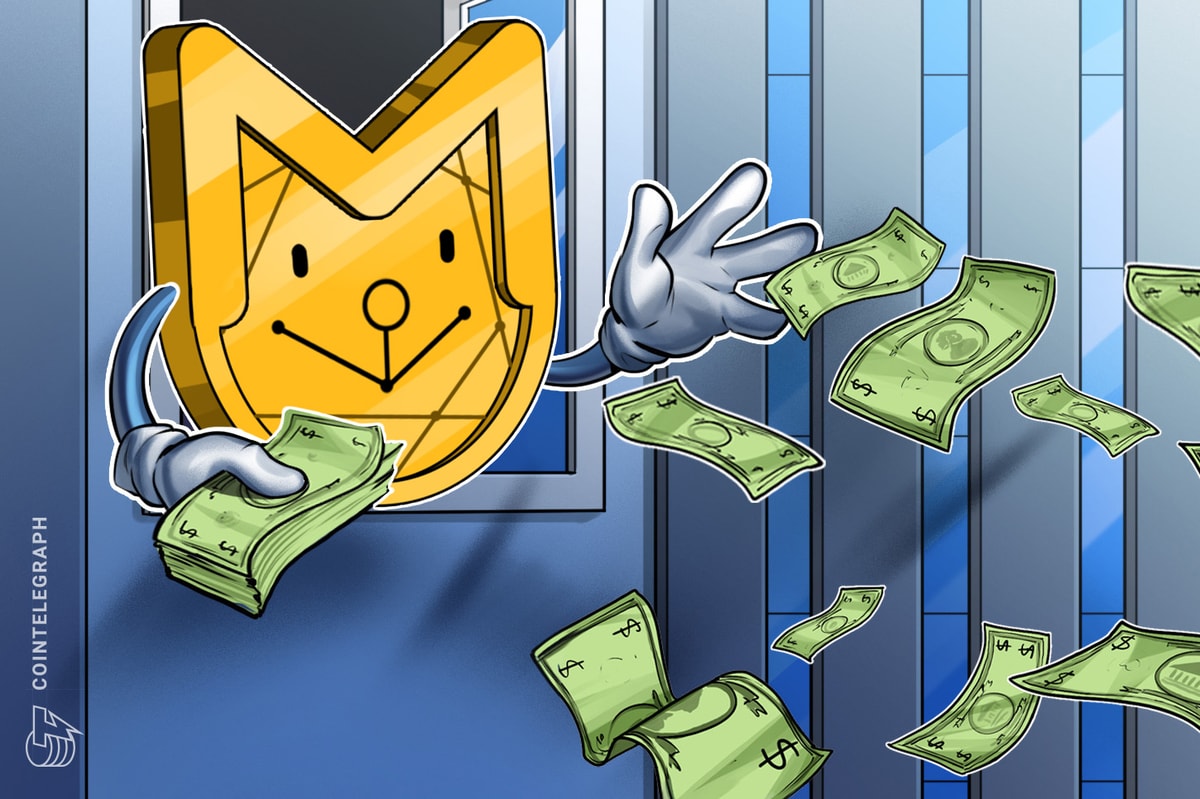Bitcoin’s (BTC) price dropped to a new range low at $91,055 on Jan. 9, its lowest value since Dec. 1. The next psychological support range remains under $90,000, and some market analysts continue to forecast a decline below this level.
Bitcoin 1-day chart. Source: Cointelegraph/TradingView
However, the following four reasons suggest that BTC may avoid a drop below $90,000.
Crypto Fear & Greed Index drops to three-month low
The Crypto Fear & Greed Index dropped to 50 from a high of 78 after the BTC price dropped 9% between Jan. 7 and 10. The index, which tracks broad market sentiment, fell to its lowest value since Oct. 14.
As Cointelegraph reported, the index’s recent plunge is its biggest drop over the past few years and caused the sentiment to shift from “greed” to “neutral.”
Crypto Fear & Greed Index. Source: Alternative.me
Technically, this is a positive development, as historically, BTC prices have exhibited a reversal whenever the index has dropped to a neutral or fear zone.
Bitcoin metrics indicate “market peak” is not in yet
Bitcoin raised bearish concerns after it failed to hold a position above $100,000 on Jan. 6.
Bitcoin liquidation events. Source: Akash Girimath
A series of four liquidation events in two months indicated potential weakness and liquidity drought, and the markets prepared for another period of corrections. However, from a fundamental point of view, Bitcoin hasn’t triggered any bull market peak indicators.
Data from CoinGlass highlighted that the apex crypto asset is yet to retest or surpass its previous market top signals. The bull market peak indicators consist of 30 conditions varying between charts and indexes, but none of the metrics tapped previous bull market highs from 2017 and 2021.
Mikybull, a crypto analyst, implied that these price dips remain an “opportunity” before the expected rally.
Related: Fed officials lean ‘neutral’ on policy but expect clarity once Trump begins
Bitcoin whales bought 34,000 BTC after the end of the year
While short-term volatility is shaking out weak hands in the market, large holders have been actively accumulating Bitcoin since the end of December.
Cauê Oliveira, head of research at Blocktrends, mentioned that institutional investors have accumulated over 34,000 BTC, worth $3.2 billion, since it dropped below $108,000 on Dec. 17. Oliveira added:
“Large players took advantage of the consolidation to open TWAP positions, patiently accumulating just below US $95K.”This implied that institutional demand remained high despite BTC’s recent sell-off below $100,000. Additionally, MAC.D, a verified CryptoQuant analyst, said that while short-term investors were experiencing losses, it offered a window for accumulation rather than a reason to panic sell. He said:
“Selling coins at this juncture might prove to be a very unwise decision.”Selling $6.5 billion in BTC in six trading days seems “impossible”
One of the key bearish catalysts impacting Bitcoin price over the past two days has been the rumor surrounding the US government potentially selling over $6.5 billion in BTC. In light of this, crypto commentator Miya said it might be “impossible” for the government to execute the sales within six trading days.
With President-elect Donald Trump taking office on Jan. 20, Miya highlighted the complexity of selling such high amounts of BTC during an imminent key political event. The issue gets more complicated because Trump said he plans to establish a Bitcoin reserve, which means it will potentially be a topic of discussion during his official appointment.
In short, the crypto enthusiast argued that a reversal is more than likely for Bitcoin since the market has already priced in the bearish speculation.
Bitcoin liquidation chart. Source: Mikybull
After sweeping the lows below the previous range on the daily chart, Bitcoin liquidity pools are now chasing the upside, as indicated by Mikybull. Although a wick below $90,000 for Bitcoin remains possible, the analyst predicted that a V-shaped recovery would be on the cards.
Related: Bitcoin speculators panic sell at $92K in 'good time for accumulation'
This article is for general information purposes and is not intended to be and should not be taken as legal or investment advice. The views, thoughts, and opinions expressed here are the author’s alone and do not necessarily reflect or represent the views and opinions of Cointelegraph.

 1 week ago
5
1 week ago
5








 English (US) ·
English (US) ·